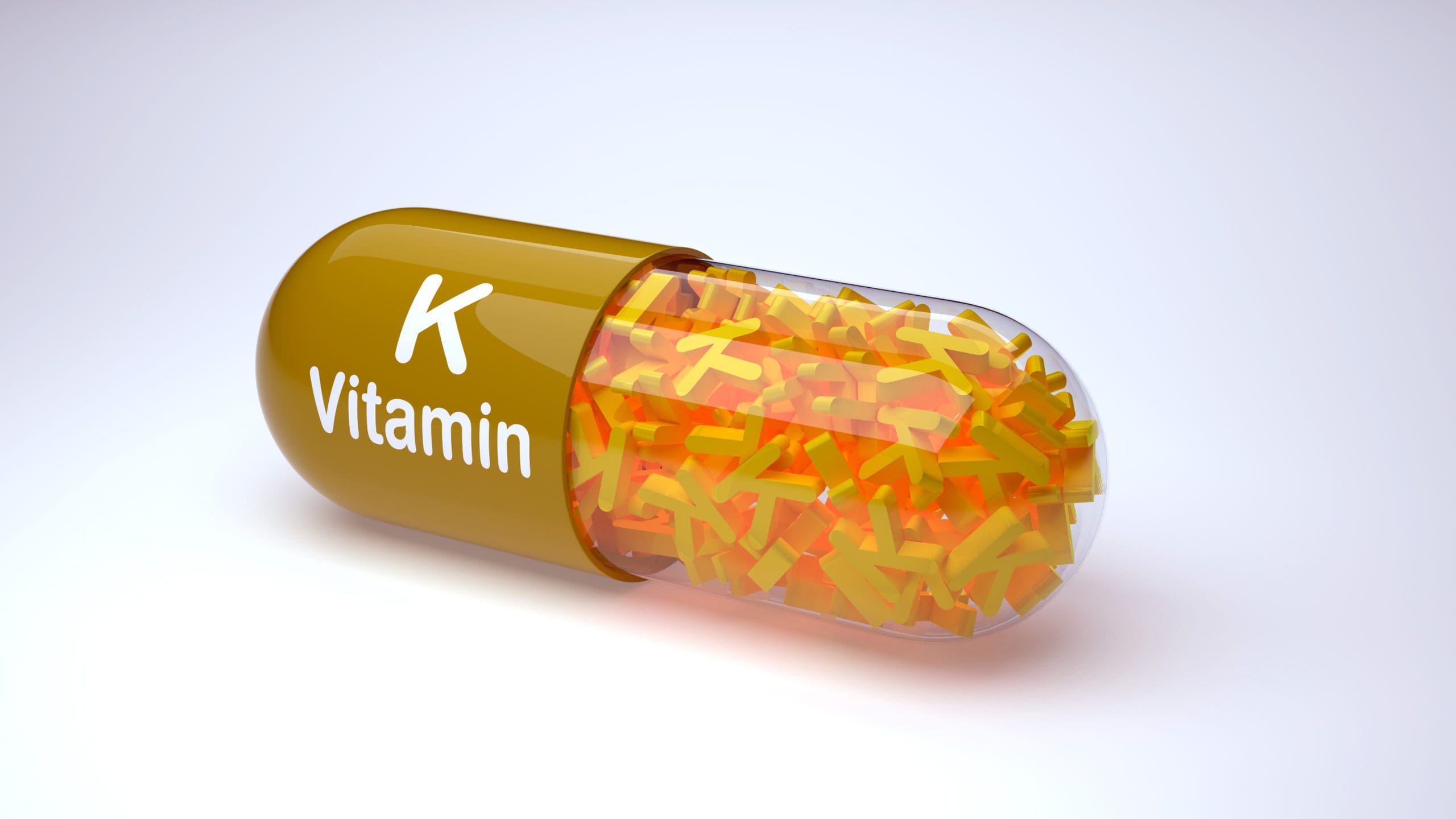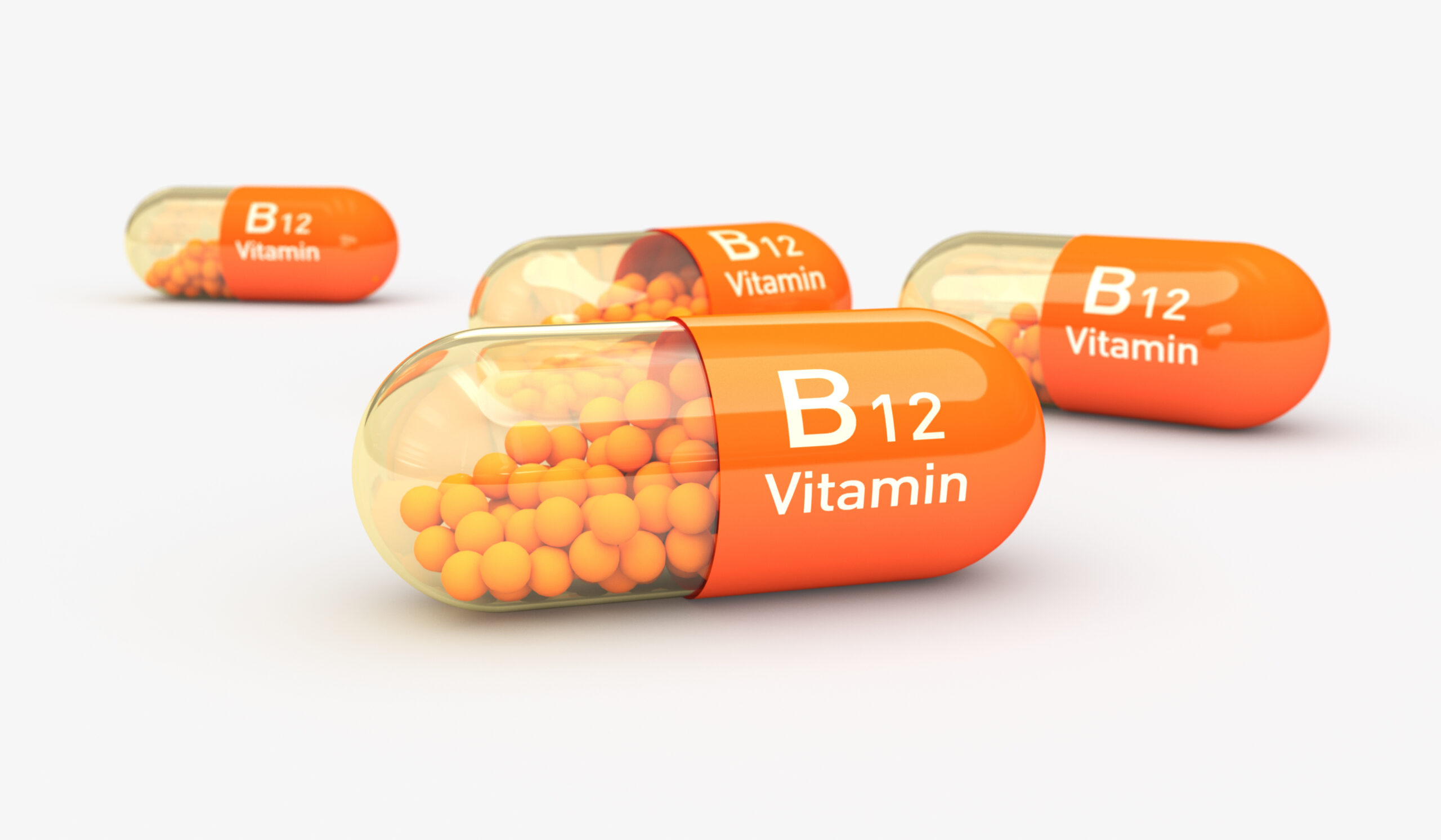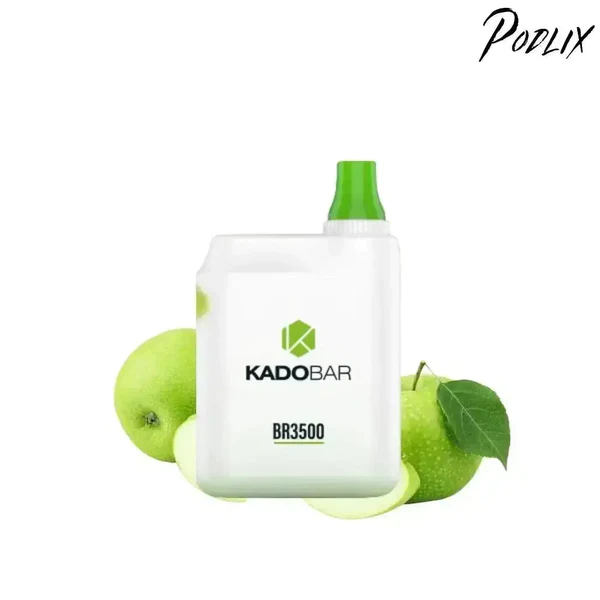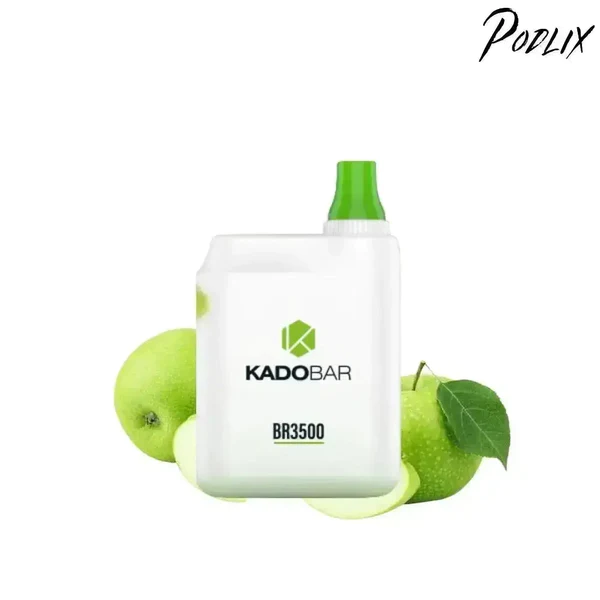Exploring the Remarkable Benefits of Turkey Tail Functional Mushrooms
Introduction
Turkey Tail (Trametes versicolor), also known as Yun Zhi in traditional Chinese medicine and Kawaratake in Japan, is a distinctive and highly recognizable mushroom. Its name is derived from its fan-shaped, multicolored, and banded appearance, which resembles the tail of a wild turkey. While Turkey Tail may be visually captivating, its true allure lies in the multitude of health benefits it offers. For centuries, this mushroom has been revered for its immune-boosting properties, and modern scientific research has only strengthened its reputation as a powerful functional mushroom. In this comprehensive guide, we will explore the many remarkable benefits of Turkey Tail mushrooms and how they can contribute to your overall well-being.
The Versatile Turkey Tail Mushroom
Before delving into the myriad benefits of Turkey Tail mushrooms, let’s take a moment to understand the basics of this remarkable fungal species.
- Appearance: The Turkey Tail mushroom (Trametes versicolor) is characterized by its fan-shaped cap with concentric rings of various colors. These colors can range from shades of brown, tan, and white to blue, green, and orange. The underside of the cap features tiny pores where the mushroom’s spores are released.
- Habitat: Turkey Tail is a common mushroom found worldwide and often grows on decaying trees, logs, and stumps. It is one of the few fungi that can break down lignin, a complex organic polymer found in wood.
- Traditional Use: Turkey Tail mushrooms have been used for centuries in traditional Asian medicine, particularly in China and Japan. In these cultures, Turkey Tail is often consumed in the form of teas or soups to support health and vitality.
Historical Use of Turkey Tail in Traditional Medicine
The use of Turkey Tail mushrooms in traditional medicine dates back hundreds of years. In traditional Chinese medicine, it is known as Yun Zhi, and in Japan, it is called Kawaratake. These cultures have recognized the potential health benefits of Turkey Tail for centuries.
Turkey Tail has been traditionally used for its immune-enhancing properties. It was believed to promote balance and harmony in the body, making it an essential component of holistic wellness. Traditional practitioners often incorporated Turkey Tail into remedies to help combat a range of health challenges, from minor illnesses to more serious conditions.
Turkey Tail and Modern Scientific Research
Modern scientific research has shed light on the impressive health benefits of Turkey Tail mushrooms. The primary compounds responsible for these benefits are beta-glucans, polysaccharides, and triterpenoids. These bioactive components have been the focus of numerous studies, revealing the following benefits:
Immune System Support
One of the most well-established benefits of Turkey Tail mushrooms is their ability to support the immune system. The beta-glucans and polysaccharides in Turkey Tail are known to stimulate the activity of immune cells such as natural killer (NK) cells and macrophages. This enhanced immune response helps the body defend against infections and illnesses.
Several studies have demonstrated the immune-boosting effects of Turkey Tail mushrooms. Research published in the “International Journal of Molecular Sciences” found that Turkey Tail extract increased the production of immune cells and exhibited potent anti-inflammatory properties.
Antioxidant Properties
Turkey Tail mushrooms are rich in antioxidants, which play a crucial role in combating oxidative stress and reducing the damage caused by free radicals. Antioxidants help protect cells from damage and contribute to overall well-being.
Studies have shown that Turkey Tail extracts contain significant amounts of antioxidant compounds. This antioxidant capacity helps reduce inflammation, protect DNA from damage, and may contribute to the prevention of chronic diseases.
Digestive Health
A healthy gut is essential for overall well-being, and Turkey Tail mushrooms have shown promise in promoting digestive health. The prebiotic properties of Turkey Tail can nourish beneficial gut bacteria, leading to improved gut flora and digestive function.
Turkey Tail may also assist in addressing digestive issues. Research published in “Evidence-Based Complementary and Alternative Medicine” highlighted its potential in alleviating symptoms of inflammatory bowel disease (IBD). By reducing inflammation and supporting a healthy gut microbiome, Turkey Tail contributes to digestive well-being.
Anti-Cancer Properties
The potential anti-cancer properties of Turkey Tail mushrooms have attracted significant attention from the scientific community. Research suggests that Turkey Tail can inhibit the growth and spread of cancer cells.
One of the key compounds in Turkey Tail, PSP (polysaccharopeptide), has been studied for its anti-cancer effects. Studies have shown that PSP can suppress the proliferation of cancer cells and enhance the body’s immune response against cancer. Research published in “Cancer Immunology, Immunotherapy” demonstrated the anti-cancer potential of PSP in patients with various types of cancer.
Liver Health
The liver is a vital organ responsible for detoxifying the body and processing various compounds. Turkey Tail mushrooms have been studied for their potential to support liver health and function.
Research published in the “Journal of Alternative and Complementary Medicine” indicated that Turkey Tail supplementation can help protect the liver from damage caused by toxins. This hepatoprotective effect is attributed to the antioxidant and anti-inflammatory properties of the mushroom.
Respiratory Health
Maintaining healthy respiratory function is essential for overall well-being, and Turkey Tail mushrooms have shown promise in this regard. They have been traditionally used to address respiratory issues, and modern research supports their use.
One study published in the “Journal of Traditional and Complementary Medicine” found that Turkey Tail extract improved respiratory symptoms in individuals with chronic obstructive pulmonary disease (COPD). The anti-inflammatory and immune-boosting properties of Turkey Tail contribute to its positive impact on respiratory health.
Cardiovascular Health
Maintaining cardiovascular health is critical for overall well-being. Turkey Tail mushrooms have been studied for their potential cardiovascular benefits, particularly in relation to cholesterol management and blood pressure regulation.
Research published in “Biomedicine & Pharmacotherapy” demonstrated that Turkey Tail extract can help lower LDL cholesterol levels, commonly referred to as “bad” cholesterol. Additionally, it has been shown to have vasodilatory effects, which contribute to reduced blood pressure and improved blood flow.
Neurological Health
The brain is a complex organ that requires support to maintain cognitive function and overall well-being. Turkey Tail mushrooms have been studied for their potential to support neurological health.
Research published in the “Journal of Alzheimer’s Disease” indicated that Turkey Tail extract may have neuroprotective effects. It can help reduce oxidative stress and inflammation in the brain, which are common contributors to neurodegenerative diseases.
How to Incorporate Turkey Tail into Your Routine
There are several ways to incorporate Turkey Tail mushrooms into your daily routine to benefit from their numerous health advantages:
- Turkey Tail Supplements: Turkey Tail supplements are readily available in the form of capsules, powders, or tinctures. These supplements offer a convenient way to ensure a consistent daily intake.
- Turkey Tail Tea: You can prepare Turkey Tail tea by steeping dried Turkey Tail mushrooms in hot water. This traditional method allows you to enjoy the natural flavor of the mushrooms.
- Turkey Tail Extracts: Turkey Tail extracts are concentrated forms of the mushroom and can be added to smoothies, beverages, or even used in cooking for added flavor and health benefits.
- Culinary Use: Turkey Tail can be incorporated into your culinary creations, such as soups, stews, and stir-fries. Be sure to properly prepare and cook the mushrooms before consumption.
Safety Considerations
Turkey Tail mushrooms are generally considered safe when consumed within recommended doses. However, as with any supplement or natural remedy, it’s essential to consult with a healthcare professional before using Turkey Tail if you are pregnant, nursing, have a pre-existing medical condition, or are taking medications. Always purchase Turkey Tail products from reputable sources to ensure their quality and purity.
Conclusion
Turkey Tail functional mushrooms, with their diverse and impressive health benefits, are a testament to the enduring wisdom of traditional medicine and the exciting discoveries of modern science. From immune support to antioxidant properties, digestive health, and potential anti-cancer effects, Turkey Tail mushrooms offer a wide range of health advantages. Whether you choose to incorporate Turkey Tail into your daily routine through supplements, teas, extracts, or culinary creations, its potential to enhance your overall well-being is truly remarkable. Turkey Tail mushrooms have earned their place as a valued ally in the pursuit of health and vitality, and their legacy continues to grow as scientific research unveils their remarkable benefits.











